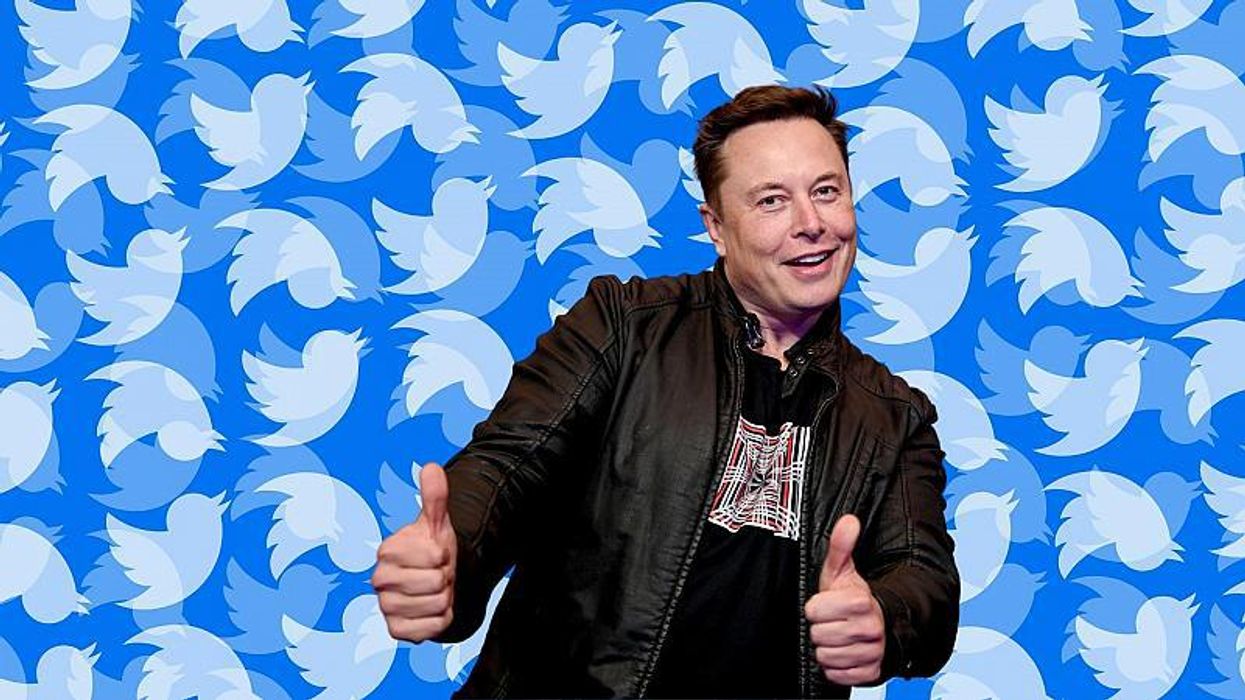Kate Plummer
Apr 26, 2022
Twitter strikes a deal with Tesla boss Elon Musk to buy the ...
Indy
Elon Musk has bought Twitter, for the small change sum of $44bn.
The billionaire has suggested he wants to make the platform more committed to free speech and posted a statement mansplaining that “free speech is the bedrock of a functioning democracy, and Twitter is the digital town square where matters vital to the future of humanity are debated."
People have expressed concern about how this could change the platform, with Amnesty International saying in a statement: "Regardless of ownership, Twitter has a responsibility to protect human rights, including the rights to live free from discrimination and violence and to freedom of expression and opinion – a responsibility that they already too often fail.
“We are concerned with any steps that Twitter might take to erode enforcement of the policies and mechanisms designed to protect users. The last thing we need is a Twitter that willfully turns a blind eye to violent and abusive speech against users, particularly those most disproportionately impacted, including women, non-binary persons, and others.”
But perhaps Musk isn't as committed to free speech as he says he is?
CNBC notes that when Musk's company Tesla has laid off employees, it’s asked them to sign separation agreements including a strong non-disparagement clause with no end-date. While this is not uncommon for businesses, it basically stops former employees criticising the company, which isn't very 'free speech'.
Sign up to our free Indy100 weekly newsletter
Tesla also requires workers to sign an arbitration agreement upon employment. That means to speak freely in court, where their speech will become part of a public record, workers need to get an exemption from the arbitration agreement from a judge first.
As well as restricting employees, there is also evidence that Tesla restricts customers' speech.
In 2021, Tesla asked customers to agree not to post critical stuff on social media about FSD Beta, an experimental driver assistance software package that some Tesla owners could test.
This triggered a probe by the US vehicle safety authority, NHTSA.
“Given that NHTSA relies on reports from consumers as an important source of information in evaluating potential safety defects, any agreement that may prevent or dissuade participants in the early access beta release program from reporting safety concerns to NHTSA is unacceptable,” NHSA wrote in a letter to Tesla in October 2021.
Musk has also shown he isn't that free speechy in other areas of his life. He cut off an analyst on an earnings call in 2018. “Excuse me, next, next. Boring, bonehead questions are not cool,” he said after a question about his company’s capital requirements when the company had just posted its worst quarterly loss in its history. Musk later apologised.
He has also asked followers to edit his Wikipedia page and has reportedly asked journalists to review their stories before they are published.
Just looked at my wiki for 1st time in years. It\u2019s insane! Btw, can someone please delete \u201cinvestor\u201d. I do basically zero investing.— Elon Musk (@Elon Musk) 1577042666
How these contradictions will affect the way he deals with Twitter, though, remains to be seen.
Have your say in our news democracy. Click the upvote icon at the top of the page to help raise this article through the indy100 rankings.
Top 100
The Conversation (0)














